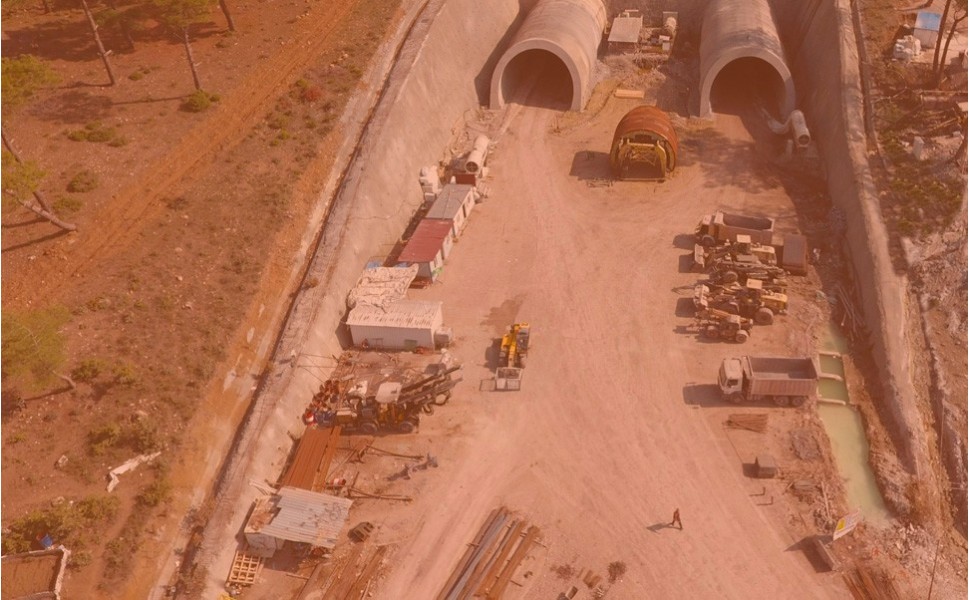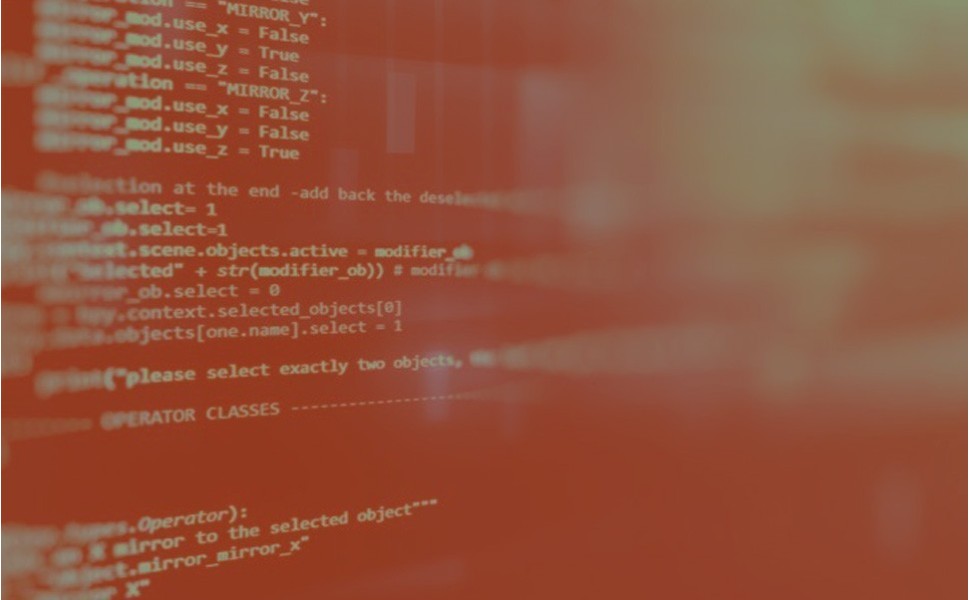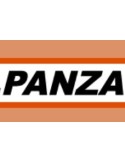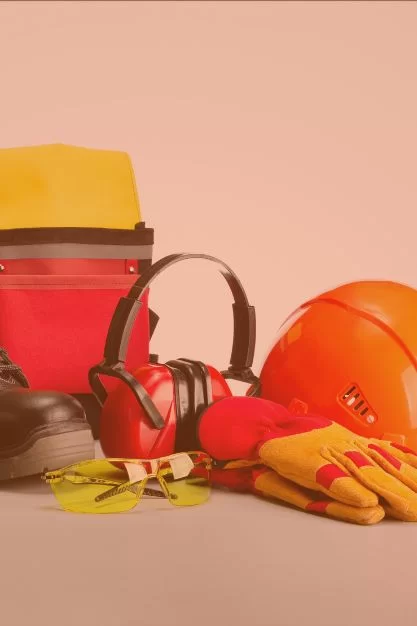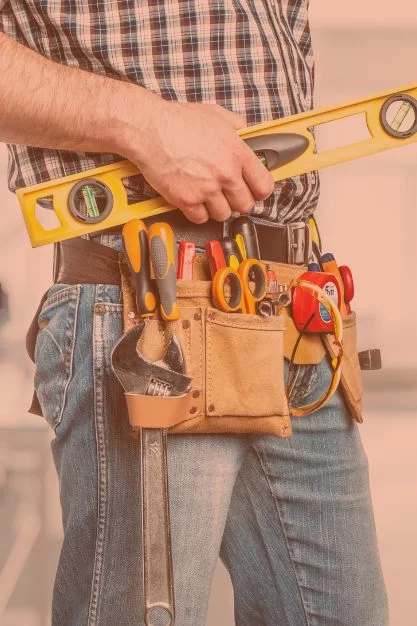
Subcontracting in Public Contracts: Direct Payment and Liability of the RUP
This issue raises questions about the responsibilities of the Sole Responsible for the Procedure (RUP) in the event that the contractor does not pay the subcontractor for the work performed.
According to the Public Procurement Code, specifically Article 105, paragraph 13, of Legislative Decree No. 50/2016, and Article 119, paragraph 11 of Legislative Decree No. 36/2023, contracting authorities are obliged to make direct payment to subcontractors, pieceworkers, suppliers or service providers in certain circumstances.
This obligation applies mainly when the subcontractor is a micro or small enterprise.
Rights and Obligations
As highlighted in the ANAC President's Communiqué of 25 November 2020, this provision implies:
* A binding obligation for contracting authorities, which cannot escape this responsibility.
* A potestative right for micro and small enterprises, which can choose to waive this benefit.
In practice, while contracting authorities are obliged to pay subcontractors directly, micro and small enterprises can decide not to make use of this right, voluntarily renouncing direct payment.
Responsibilities of the RUP
In the event that a micro or small subcontractor renounces direct payment, and subsequently does not receive payment from the contractor, the liability of the RUP may be excluded.
However, in order to exclude the liability of the RUP, two conditions must be met:
1. The waiver of direct payment must be made in writing.
2. The contracting authority must accept this waiver in advance.
Conclusions
The MIT opinion clarifies that, in the event of non-payment to the subcontractor that has waived direct payment, the liability of the RUP does not exist if the above conditions are met. This clarification is crucial to protect contracting authorities and RUPs, while ensuring that subcontractors receive fair compensation for the work performed.

